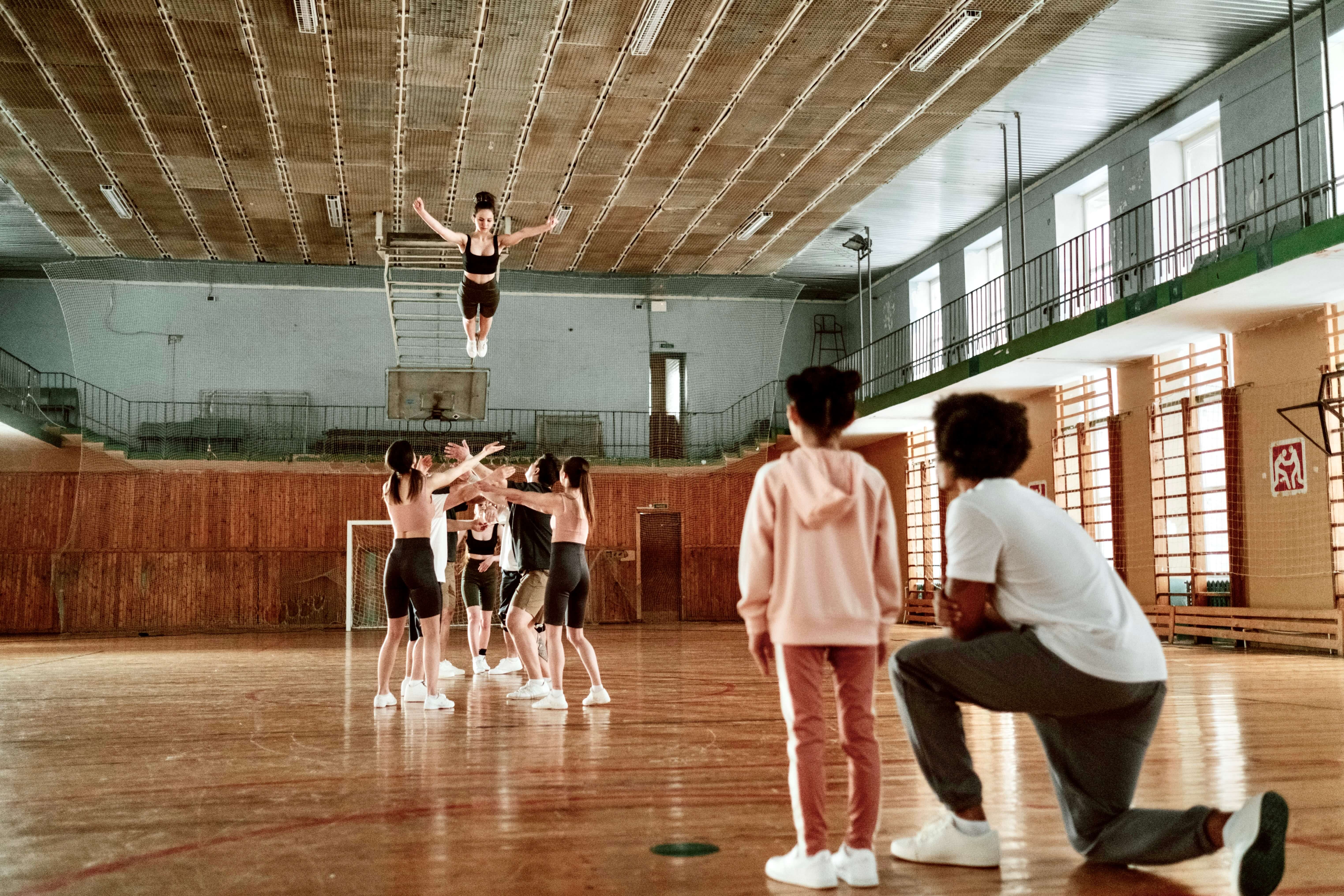We’ve all been glued to (and shouting at) our televisions this past month with the Women’s World Cup. We’ve cheered for these incredibly skilled women as we’ve watched them play at the highest level.
We know it’s taken thousands of hours of fierce training and years of dedicated work and commitment to get here. Many begin playing from a young age, with the support of their family, school, and/or local club.

The nature of sports involves many people – including parents, managers, coaches, doctors, drivers, and volunteers. While the large majority of these people have the best intentions, it’s important to ensure that any risks to children and vulnerable people are mitigated.
Safeguarding refers to the preventative steps taken to reduce the risk of abuse as well as the protective response procedures if an event of abuse is suspected1.

One doesn’t have to look far to find horrifying reports of abuse in sports. In 2016, numerous football players came forward and publicly addressed abuse they had suffered as young boys at football clubs across the UK. By 2018, over 800 victims had reported over 2,000 incidents to the FA, involving 340 football clubs2. Barry Bennell was among the named offenders, and has been called “potentially the worst paedophile … there has ever been in sport”3.
In 2018, United States women’s national gymnastics team doctor Larry Nasar was jailed under a 300-year sentence4 following his exploitation and sexual abuse of young gymnasts in his care, with 200 women delivering impact statements of his mistreatment.
Jerry Harris, who starred in Netflix’s popular series, Cheer, was sentenced to 12 years for soliciting sex from minors as well as crimes relating to child sexual abuse images5. The victims’ mother went to the FBI after her report of abuse was ignored by the US All Star Federation. USA Today investigated in 20206 and found 180 individuals with histories of sexual misconduct involving minors – 140 of those with convictions – who had not been banned from cheerleading by the governing authorities.

Individuals participating in sports at any level deserve to do so in a safe environment, with confidence that all measures are being taken for their protection.
“The goal for sports organisations should be to move away from a situation where safeguarding is dealt with on a reactive basis, through the phase where safeguarding issues are tackled proactively.”
The Law in Sport
One proactive measure that can be taken is thorough background screening.
Background checks allow organisations to ensure any individuals who may pose a risk to children are restricted from roles involving kids. Any person engaged in sporting activities involving children – whether paid or voluntary – should undergo screening before they’re allowed to commence their role.

The types of checks run vary by location – DBS Checks in the UK, Police Checks/Working With Children checks in Australia, NZ Police Vetting checks in New Zealand. It’s also beneficial to request references from previous professional/volunteer experience. Qualification checks also allow managers to verify a person’s academic/professional certification to ensure they’re licensed to perform their duties.
VETTING.com provides a clear solution for sports clubs and related businesses. With a large arsenal of checks that can be requested in minutes, we provide simple, easy workflows for candidates to complete. Our super-smart software gets you the fastest possible results, so your safeguarding doesn’t slow you down.
Interested in simplifying your background screening with VETTING.com? Contact us today.
Written by Mary Snowden.
Vetting.com
Want more to read?

Leave a Reply